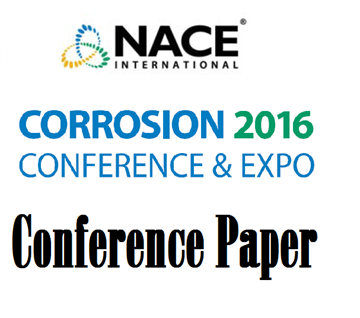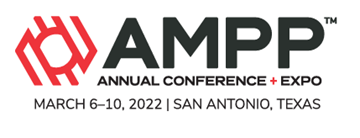Search
Products tagged with 'self-healing'
View as
Sort by
Display
per page
51316-7152-Self-healing protection of pipeline corrosion by epoxy coating with preloaded inhibitors
Product Number:
51316-7152-SG
ISBN:
7152 2016 CP
Publication Date:
2016
$20.00
An Innovative Thermoplastic Coating For CUI Applications
Product Number:
51322-18122-SG
Publication Date:
2022
$20.00
Autonomous Healing of Smart Coating Materials for Corrosion Protection of Oil and Gas Assets
Product Number:
51324-20901-SG
Publication Date:
2024
$40.00



